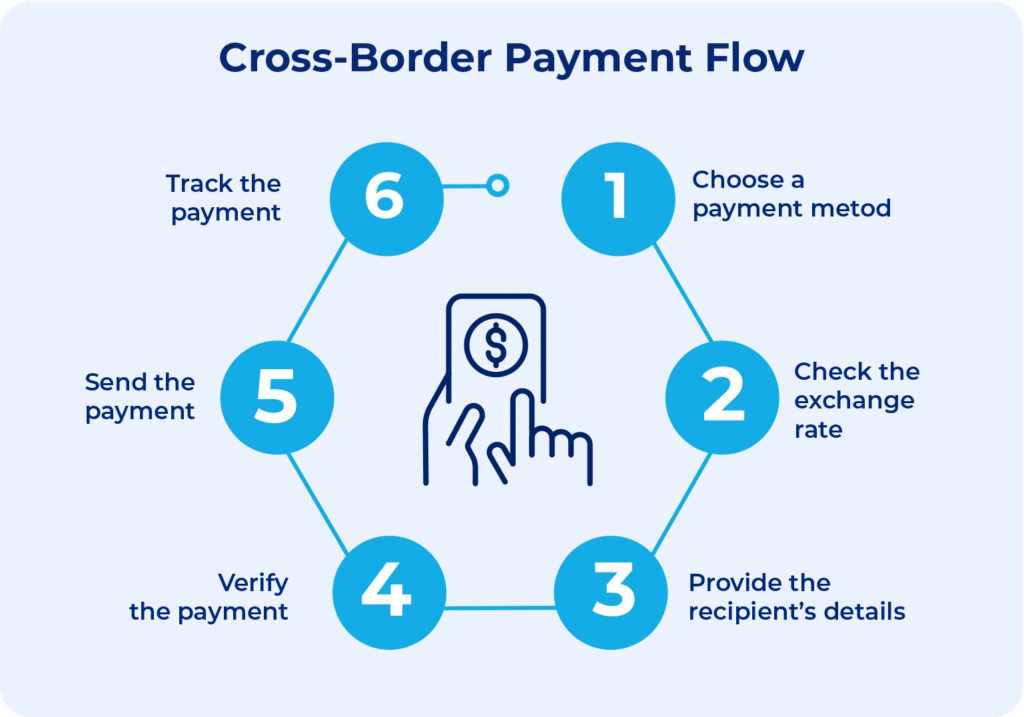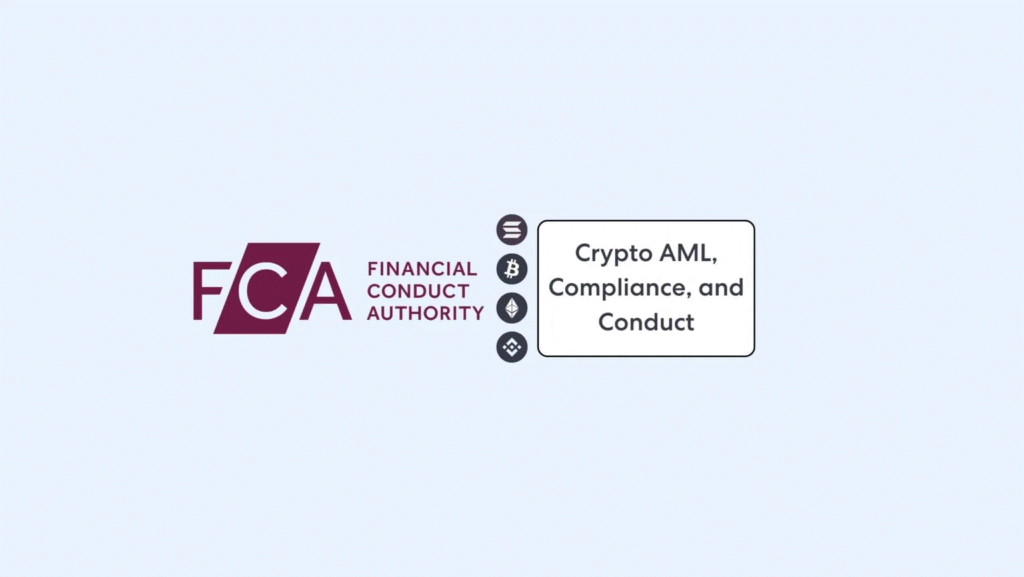
If you’re diving into crypto trading in the UK, understanding the rules is essential—not just to stay compliant, but also to trade with clarity.
From an ICT (Inner Circle Trader) perspective, knowing the regulatory environment helps you interpret market behavior with more context.
Let’s walk through the key rules around AML (Anti-Money Laundering) and CFT (Counter Terrorist Financing) as applied by the FCA (Financial Conduct Authority).
1. FCA Registration & AML/CFT Requirements for Crypto in the UK

Since 2020, any crypto firm operating in the UK must register with the FCA under the Money Laundering, Terrorist Financing and Transfer of Funds Regulations (MLRs).
This applies to crypto exchanges, wallet providers, custodians, and token issuers.
Registered firms must implement:
- Strong KYC (Know Your Customer) procedures
- Transaction monitoring for suspicious activities
- A designated Money Laundering Reporting Officer (MLRO) responsible for compliance
- Risk assessments and ongoing monitoring systems
Firms must prove they’re “fit and proper”—showing that leadership, controls, and operations are designed to prevent money laundering and terrorist financing.
2. The Travel Rule: Cross-Border Transparency for Crypto Trading Rules in the UK

Aligned with FATF guidelines, the UK enforces the Travel Rule.
Crypto businesses must collect, verify, and share customer details (sender/receiver) for transactions exceeding certain thresholds (e.g., £1,000).
Even transfers to jurisdictions without equivalent rules demand careful handling.
3. Enforcement & Tough Scrutiny for Crypto Trading Rules in the UK

The FCA has a dedicated enforcement team focused on crypto assets.
They’ve fined firms and arrested individuals for AML breaches.
Registration is tough—only a small fraction of applicants succeed.
Approved firms undergo ongoing scrutiny.
4. New Restrictions: No Borrowing to Trade Crypto in the UK

To protect retail users, the FCA is proposing a ban on using borrowed funds (e.g., credit cards, loans) to buy crypto.
This rule aims to curb speculation and limit harm from high volatility.
5. Marketing Crypto in the UK: Watch Your Words
Under the expanded Financial Promotions regime, any crypto ads must clearly disclose risks.
Misleading, aggressive, or promotional language without warnings is prohibited—and can lead to criminal penalties (up to prison or unlimited fines).
6. ICT Perspective on Crypto Trading Rules in the UK: FCA AML & CFT Laws: Why This Matters

ICT emphasizes trading with clarity. Here’s why these rules matter:
- Cleaner Price Action: AML-controlled environments reduce illicit inflows/volatility.
- Market Integrity: Borrowing bans and marketing restrictions curb impulsive or misinformed retail trades.
- Higher Barrier to Entry: Fewer “rogue” platforms mean better reference markets for institutional flow—key to ICT-style technical readings.
7. Summary Table for Crypto Trading Rules in the UK: FCA AML & CFT Laws (ICT Perspective)
| Rule | What’s Required |
|---|---|
| FCA Registration & AML/CFT | KYC, MLRO, transaction monitoring, system risk controls |
| Travel Rule | Share sender/receiver info for high-value transfers |
| Enforcement | Only ~50 firms approved; active fines and investigations |
| No Borrowing to Trade | Retail investors cannot use loans or credit for crypto |
| Marketing Regulations | Clear risk warnings required in promotions; strict penalties for breaches |
8. Final Thoughts
For ICT traders in the UK, these regulations aren’t just legal details—they shape how crypto markets behave.
AML rules bring transparency.
Enforcement keeps prices cleaner.
Borrowing restrictions protect you against emotional overreach.
And marketing rules ensure the narrative is less biased.
By trading on regulated platforms, you align yourself with the kind of clean, predictable market structure ICT teaches—where institutional flows dominate, not hype or speculation.

Leave a Reply